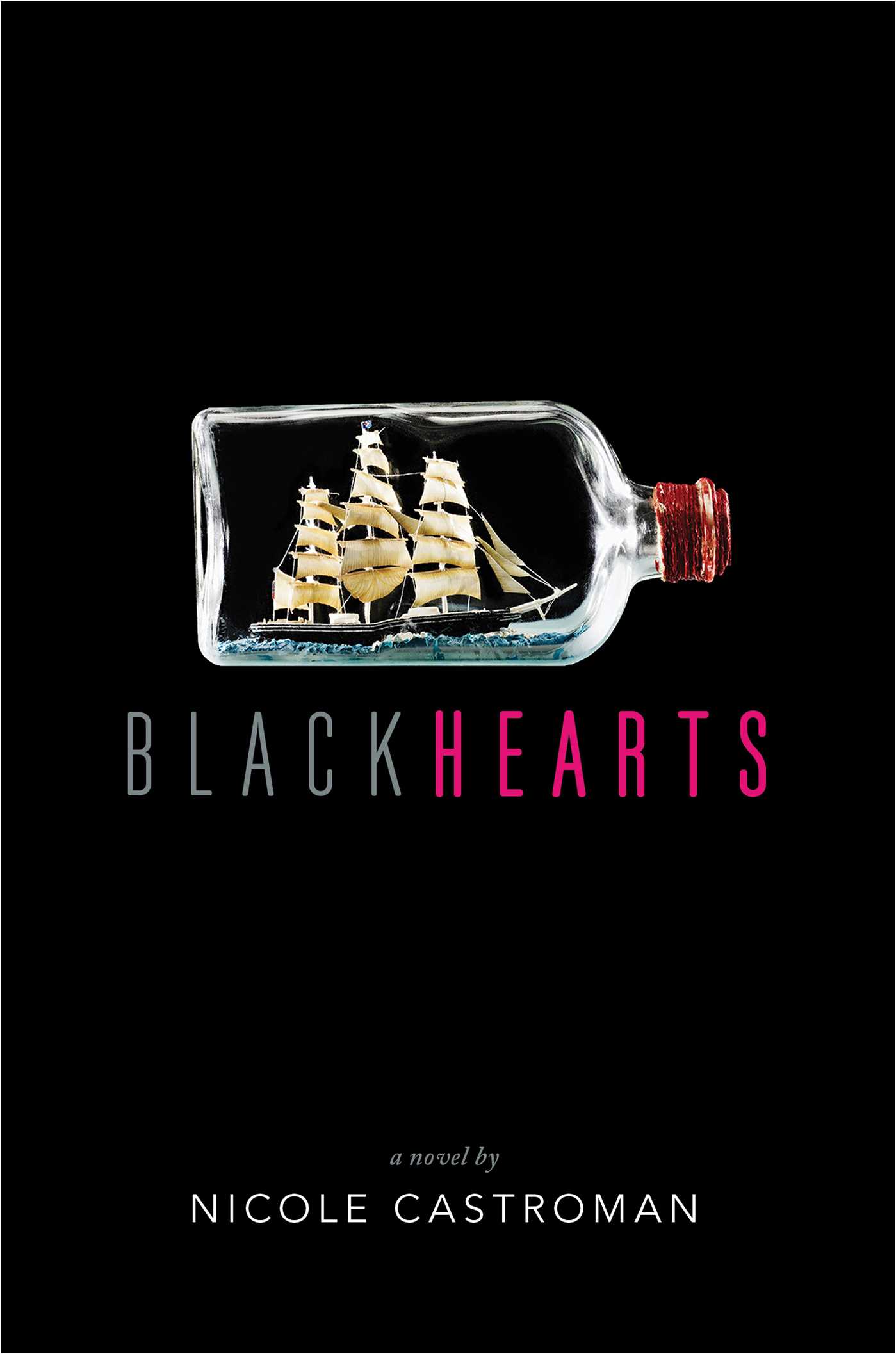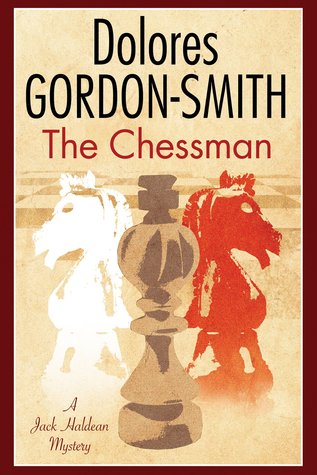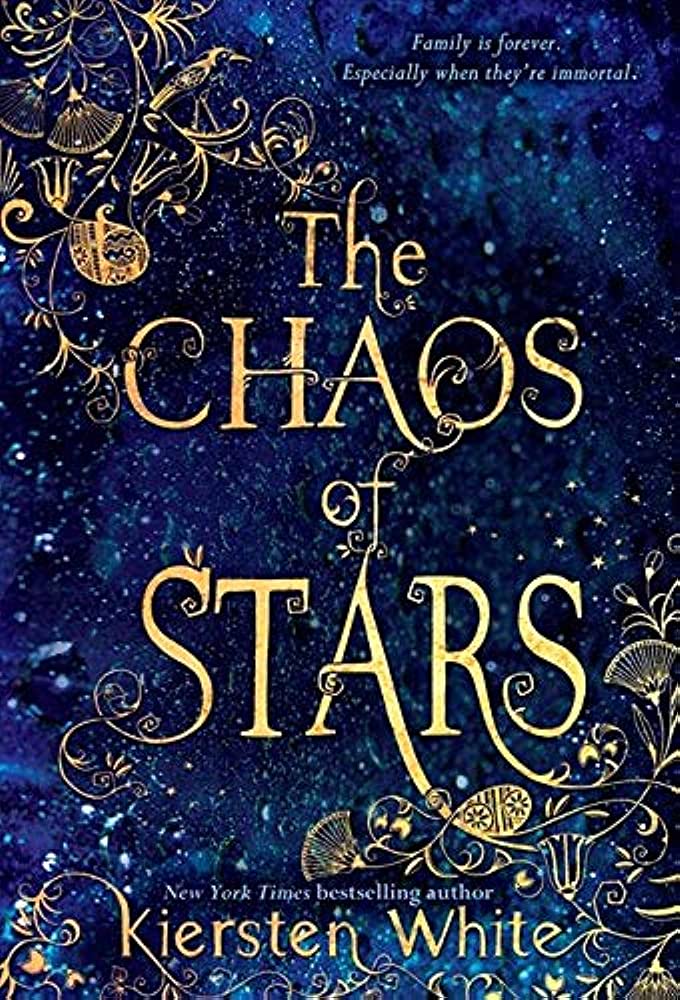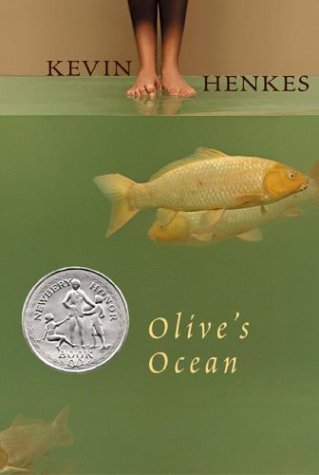What most of us know about Blackbeard is that he was a pirate – pretty much the most famous one ever – and that he had, well…a black beard. In Blackhearts, author Nicole Castroman has mined history for the few facts we know about Blackbeard the man (real name Edward Teach, likely born in Bristol, named his ship Queen Anne’s Revenge) and transformed them into an imaginative YA romance between Edward “Teach” Drummond, heir to an impressive merchant empire, and Anne Bennett, the daughter of a gentleman and a West Indies slave.
Despite their disparate circumstances, Anne’s parents had a loving relationship and Anne was raised properly in her father’s household, although never presented to the outside world. But when her father dies, Anne’s half brother Henry casts both her and her mother out onto the street, and her mother, too, soon sickens and passes away. Desperate to make enough money so that she might sail to her mother’s island, and knowing she’ll never find a place for herself in England, she takes a job as a servant in the house of Master Drummond. Not long after, Master Drummond’s son Teach returns from a year at sea, discontent with his life and wanting nothing more than to return to the sailing life – something his father will never allow. Though the pair clash at first, they soon find themselves drawn together by their similar dream: to leave England forever.
I really expected this book to involve pirates and seafaring, but it largely takes place in the Drummond household in Bristol, and more closely resembles a 17th-century episode of Downton Abbey. If you’re looking for scandal, betrayal, rags-to-riches, riches-to-rags, and secrets all wrapped into the story of two people falling in love against all odds, then this is the book for you. Blackhearts is a fast read, but the relationship between Teach and Anne isn’t rushed, which I appreciated. I am often surprised in books at how quickly two teenagers will declare themselves “in love,” and the lengths that they will then go to for that other person, usually after knowing each other for no more than a week. YA books felt this way to me even when I was a teenager, so I tend not to blame it on my mid-twenties perspective, either. Castroman takes her time with these two, so that it actually feels like an evolution. The best part of the book is its open-ended conclusion, which leaves the reader feeling they’re on the brink of adventure. There’s not enough of that in this age of endless sequels and constant badgering of authors on social media to give MORE.
The most glaring flaw in Blackhearts is not one that is easily addressed since it involves not Anne, but her mother. I can’t help but find it suspect her parents’ relationship is depicted so simply, despite the fact that her mother was a slave. Anne, in fact, takes pride in the fact that they cared for each other. But in a world where so few stories depict the lives of mixed race people and women of color living in England in the late 1600s, it seems almost irresponsible not to tell the story with a little more nuance. Anne does face some judgement based on the color of her skin – the family of Teach’s betrothed don’t like her, men in the market think they can take advantage of her – but it is far from a main thread in the novel. I don’t believe that a girl as smart and determined as Castroman has made Anne to be wouldn’t think about the plight of slavery and how it affects both her past and her future. Sure, Anne’s mother’s story could have happened this way, but when so many women of color were sexually assaulted and ill-treated if ever brought to England, and their bastard children left uncared for, to not acknowledge these facts is an egregious error. To give proper consideration to these issues would have altered the course of Anne and Teach’s story, for sure, but it would also have lent Blackhearts more emotional and cultural validity and would have given this a chance of being a truly standout book.
A copy of this book was provided by the publisher for review.




